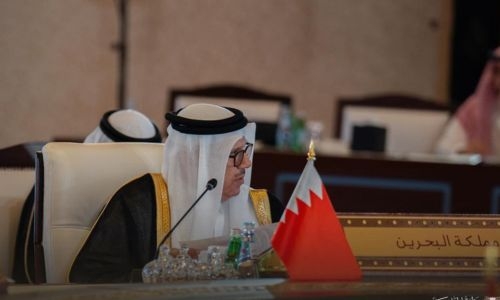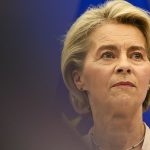The Gulf Cooperation Council (GCC) recently held an extraordinary Ministerial Council meeting in Doha to address pressing regional issues and the deteriorating security situation in Lebanon, Palestine, and the wider region. Chaired by His Excellency Sheikh Mohammed bin Abdulrahman Al Thani, Prime Minister and Minister of Foreign Affairs of Qatar, the meeting saw the attendance of foreign ministers from all GCC member states, including Bahrain’s Minister of Foreign Affairs, His Excellency Dr. Abdullatif bin Rashid Al Zayani. The Council expressed deep concern over the escalating violence in Lebanon, Gaza, and the West Bank, with a specific focus on violations at Al-Aqsa Mosque. It condemned these acts, warning that the rising tensions pose a threat to not only regional peace but also global security and stability. The GCC Ministers called for an immediate halt to the violence and urged all involved parties to prioritize dialogue and de-escalation to prevent further conflict.
The GCC Ministerial Council emphasized the importance of protecting regional security and preventing the conflict from spreading. They also underscored the international community’s responsibility to enforce relevant United Nations resolutions aimed at stabilizing the region. The Council reaffirmed its solidarity with Lebanon, urging the global community to provide urgent humanitarian support to alleviate the suffering of Lebanese civilians. It stressed the need for restraint, urging Lebanon to avoid being dragged into broader regional conflicts that could worsen the current crisis. Additionally, the GCC Council called for the full implementation of UN Security Council Resolution 1701 and the Taif Agreement to restore stability in Lebanon. It highlighted the importance of safeguarding Lebanon’s sovereignty, political independence, and territorial integrity as recognized by international law.
The unified stance of the GCC reflects the growing regional anxiety about the dangerous repercussions of these escalating conflicts, with leaders urging swift and decisive international action to prevent further destabilization. The Council’s statement also called on the international community to step in and help enforce relevant UN resolutions to stabilize the region. The Ministers stressed the urgent need for a cessation of violence and the promotion of dialogue to prevent further escalation of the conflict. They highlighted the critical role of the global community in offering humanitarian assistance to alleviate the suffering of affected populations in Lebanon and reiterated the importance of respecting Lebanon’s sovereignty and territorial integrity as prescribed by international law.
In conclusion, the extraordinary Ministerial Council meeting of the GCC in Doha addressed pressing regional issues and the deteriorating security situation in Lebanon, Palestine, and the wider region. The Council expressed deep concern over the escalating violence in Lebanon, Gaza, and the West Bank, condemning these acts and warning of the threat they pose to regional and global security. The GCC Ministers called for an immediate halt to the violence and urged all involved parties to prioritize dialogue and de-escalation to prevent further conflict. They emphasized the importance of protecting regional security and preventing the conflict from spreading, as well as the international community’s responsibility to enforce relevant UN resolutions aimed at stabilizing the region. The Council reaffirmed its solidarity with Lebanon and called for urgent humanitarian support to alleviate the suffering of Lebanese civilians, while also stressing the need for restraint and the full implementation of UN resolutions to restore stability in Lebanon. The unified stance of the GCC reflects growing regional anxiety about the dangerous repercussions of these escalating conflicts, with leaders urging swift and decisive international action to prevent further destabilization.











